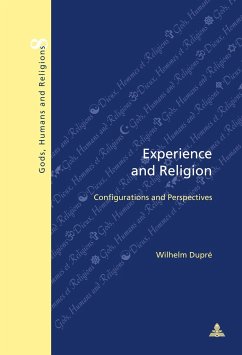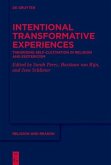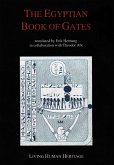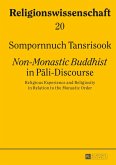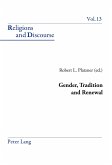The enactment of humanity begins with experiences and culminates in the effects of coping with experiences. Experience confirms the human potential, but indicates also its limitations, both in the sense that the absence of experiences undermines established modes of behavior, and that disregard and misunderstanding of experiences lead to distorted forms of personal and cultural relations.
This book is an attempt to localize religion, as well as the study of religions, within the context of experiences and as a topic of philosophical inquiry. Focusing on the question of specifically religious experiences and investigating various models of the relationship between religion and experience, the study suggests that no specific experiences are needed to understand the emergence and development of religious traditions and attitudes. Assessing the implications of basic questions and attitudes in religious studies, it presents a theory of religion which is rooted in the internal dynamics of being human and cultural, and marked by a culture-oriented understanding of philosophy.
The book concludes with a discussion of various phenomena which can be addressed as modes and forms of implicit religion, since they do not comply with expectations of traditional or explicit religion.
This book is an attempt to localize religion, as well as the study of religions, within the context of experiences and as a topic of philosophical inquiry. Focusing on the question of specifically religious experiences and investigating various models of the relationship between religion and experience, the study suggests that no specific experiences are needed to understand the emergence and development of religious traditions and attitudes. Assessing the implications of basic questions and attitudes in religious studies, it presents a theory of religion which is rooted in the internal dynamics of being human and cultural, and marked by a culture-oriented understanding of philosophy.
The book concludes with a discussion of various phenomena which can be addressed as modes and forms of implicit religion, since they do not comply with expectations of traditional or explicit religion.

